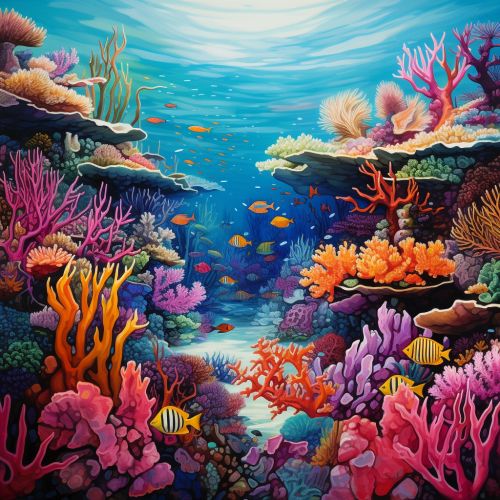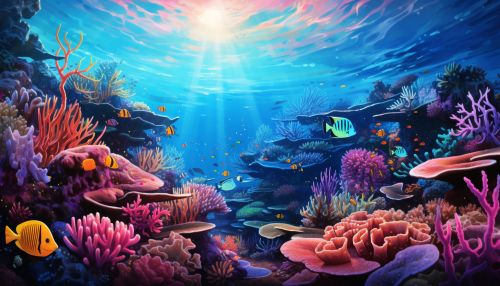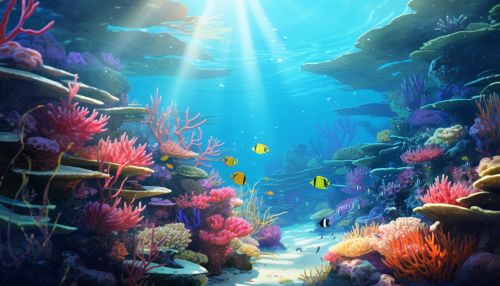The Role of Ocean Acidification in Marine Ecosystems
Introduction
Ocean acidification is a significant environmental issue affecting marine ecosystems worldwide. It is a direct result of increasing anthropogenic carbon dioxide (CO2) emissions, which dissolve in the ocean, causing a decrease in the pH of seawater. This process has profound implications for marine life, particularly organisms that build shells or skeletons from calcium carbonate, such as corals and shellfish read more.


The Chemistry of Ocean Acidification
The process of ocean acidification begins when CO2 is absorbed by the ocean. This gas reacts with seawater to form carbonic acid, which subsequently dissociates to release hydrogen ions and bicarbonate ions. The increase in hydrogen ions leads to a decrease in the pH of seawater, making it more acidic. This process also reduces the availability of carbonate ions, which are essential for the formation of calcium carbonate shells and skeletons read more.
Impact on Marine Organisms
Marine organisms that rely on calcium carbonate for their shells and skeletons, such as corals, shellfish, and some species of plankton, are particularly vulnerable to ocean acidification. The decrease in carbonate ions makes it more difficult for these organisms to build and maintain their shells and skeletons, which can lead to reduced growth rates and increased mortality. In addition, changes in seawater chemistry can affect the behavior and physiological processes of marine organisms, such as reproduction, growth, and metabolism read more.
Impact on Marine Ecosystems
The effects of ocean acidification on individual species can have cascading impacts on marine ecosystems. For example, coral reefs, which are built by calcium carbonate-secreting corals, are particularly vulnerable to ocean acidification. The loss of these reefs can have profound impacts on the biodiversity and structure of marine communities, as they provide important habitat and food resources for a wide range of marine species read more.


Future Projections and Mitigation Strategies
If current trends in CO2 emissions continue, the acidity of the ocean is projected to increase significantly by the end of the century, with potentially severe consequences for marine ecosystems. However, there are several potential strategies for mitigating the impacts of ocean acidification, including reducing CO2 emissions, enhancing the ocean's capacity to absorb CO2, and developing strategies to help marine ecosystems adapt to changing conditions read more.
